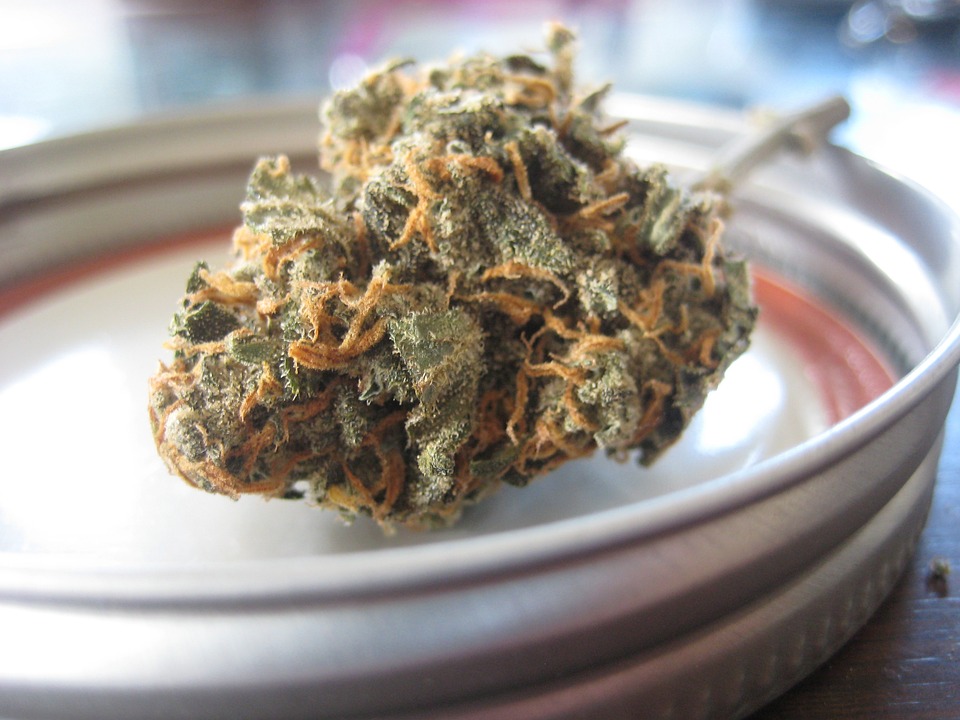Hemp, long misunderstood and underutilized, is making a powerful resurgence in today’s world. This versatile and sustainable crop is transforming industries across the board, from textiles to construction to healthcare. Let’s explore the rise of hemp and its potential impact on various sectors.
What is Hemp?
Hemp is a variety of the Cannabis sativa plant species that is grown specifically for industrial uses. Unlike its cousin marijuana, hemp contains very low levels of THC, the psychoactive compound that gives marijuana its mind-altering effects. Hemp has been used for thousands of years for various purposes, including fiber, food, and medicine.
The Sustainability of Hemp
One of the key reasons for the rise of hemp is its sustainability. Hemp is a highly eco-friendly crop that requires minimal water, pesticides, and herbicides to thrive. It can grow in a variety of climates and soil conditions, making it a versatile and resilient plant. Hemp also has a fast growth cycle, typically maturing in 3-4 months, allowing for multiple harvests in a single year.
Industrial Applications of Hemp
Hemp has a wide range of industrial applications that are revolutionizing various industries:
Textiles and Fashion
Hemp fiber is known for its strength, durability, and breathability, making it an ideal material for clothing and textiles. Hemp fabric is also naturally antibacterial and UV resistant, making it a popular choice for sustainable fashion brands.
Construction and Building Materials
Hemp concrete, also known as hempcrete, is a sustainable building material made from hemp fibers, lime, and water. Hempcrete is lightweight, breathable, and has excellent thermal insulation properties, making it an eco-friendly alternative to traditional building materials.
Health and Wellness
Hemp seeds are a rich source of protein, fiber, and essential fatty acids, making them a popular superfood. Hemp oil, derived from hemp seeds, is also used in skincare products, supplements, and natural remedies for its anti-inflammatory and moisturizing properties.
The Legalization of Hemp
Recent changes in legislation, most notably the 2018 Farm Bill in the United States, have paved the way for the widespread cultivation and commercialization of hemp. This has opened up new opportunities for farmers, manufacturers, and consumers to harness the potential of this versatile crop.
Challenges and Opportunities
While the rise of hemp presents many exciting possibilities, there are also challenges to be addressed. These include regulatory hurdles, market competition, and the need for infrastructure development to support the growing hemp industry. However, with innovation and collaboration, the future of hemp looks bright.
Conclusion
The rise of hemp is a testament to the power of sustainable agriculture and innovation. This versatile crop is revolutionizing industries and opening up new opportunities for economic growth, environmental stewardship, and social progress. As we continue to explore the potential of hemp, the possibilities are endless.
FAQs
Q: Is hemp the same as marijuana?
A: No, hemp and marijuana are different varieties of the Cannabis sativa plant species. Hemp contains very low levels of THC, the psychoactive compound in marijuana.
Q: Is it legal to grow hemp?
A: The legality of growing hemp varies by country and region. In many places, hemp cultivation is legal under certain conditions, such as low THC content and proper licensing.
Q: What are the environmental benefits of growing hemp?
A: Hemp requires minimal water and chemicals to grow, making it a more sustainable crop compared to many other agricultural commodities. Hemp also has beneficial effects on soil health and biodiversity.

